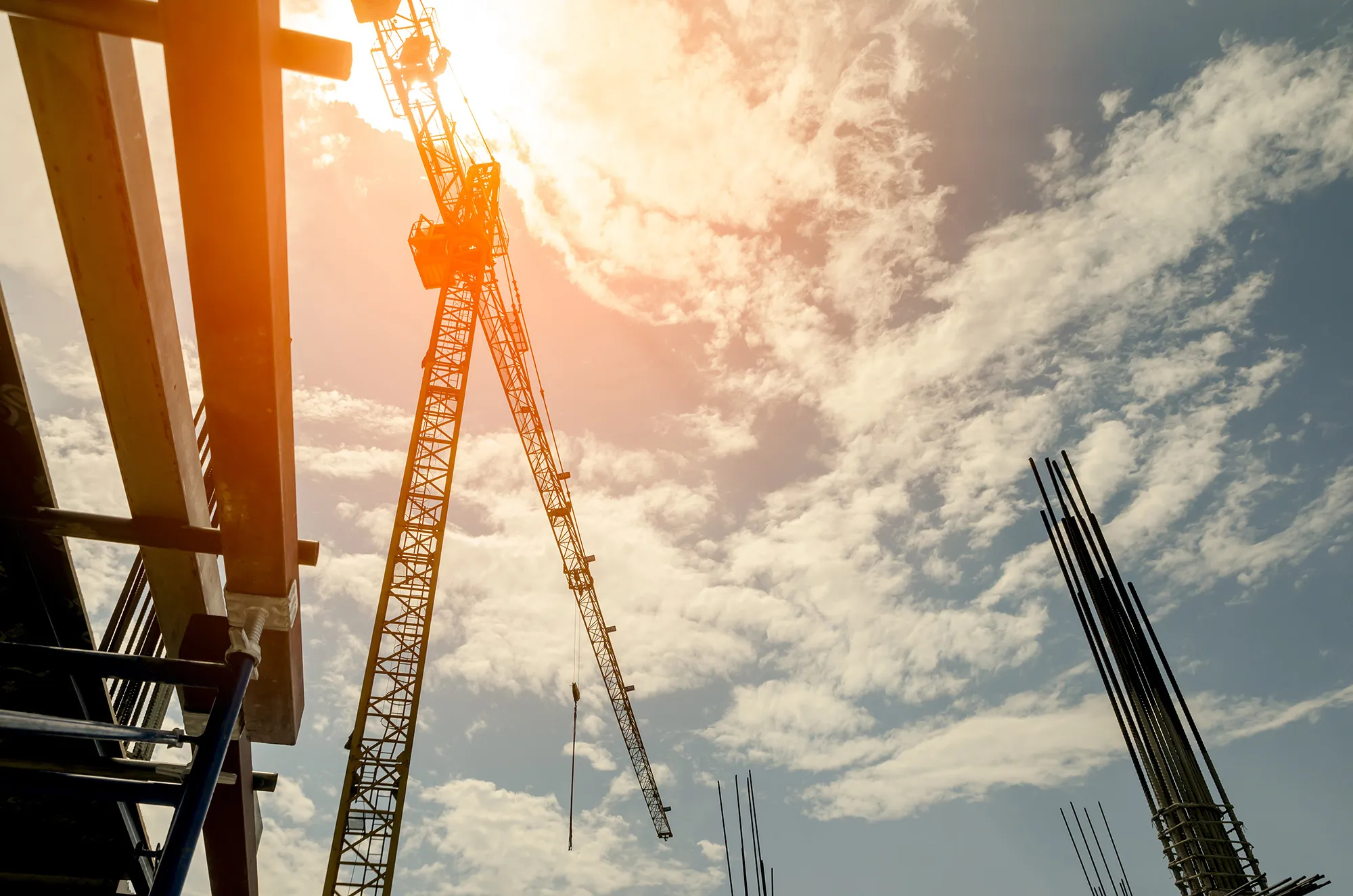

Could we someday live, work and shop in commercial buildings designed by AI, or do we already? We wanted to find out.
Currently, most of the conversations in this area revolve around architects’ concern that AI could take their jobs, which is an issue that affects almost every industry. Experts in the architecture field,however, say the same thing we’ve said about tech developments in CRE in general: If used early and well, AI can make architects better practitioners and help them be more successful in the long run. “It’s unfounded that AI can replace humans, especially as designers,” Patrick Hebron, a UX designer with Adobe Systems and adjunct graduate professor at New York University said.
Just like in brokerages, in architecture firms, AI can automate mundane tasks so architects can use their brain power on being more innovative when designing new commercial buildings. The French architect Arthur Mamou-Mani is one example of this. He uses special software to define the parameters of a building’s environment, and the program provides thousands of possible design solutions. In this way, his team is collaborating with the computer and seeking out the best possible design for a building.
While we don’t yet know enough about the larger implications of AI on architecture and building development in the long run, the future looks bright. Some possibilities for CRE development include more complex, problem-solving building designs featuring multiple design variations for a particular lot. AI-driven design tools could pull all zoning information, building codes and accessibility requirements to illustrate every design possibility for that lot. Then, the client could pick their favorite building design, with no concerns about potential limitations.
Because of the time-saving and business benefits it will bring, architects, developers, brokers, buyers, and investors can all look optimistically to the future of AI-aided design and construction for commercial buildings.
To learn more about the tech of the future and its role in the CRE industry, continue to follow our blog.